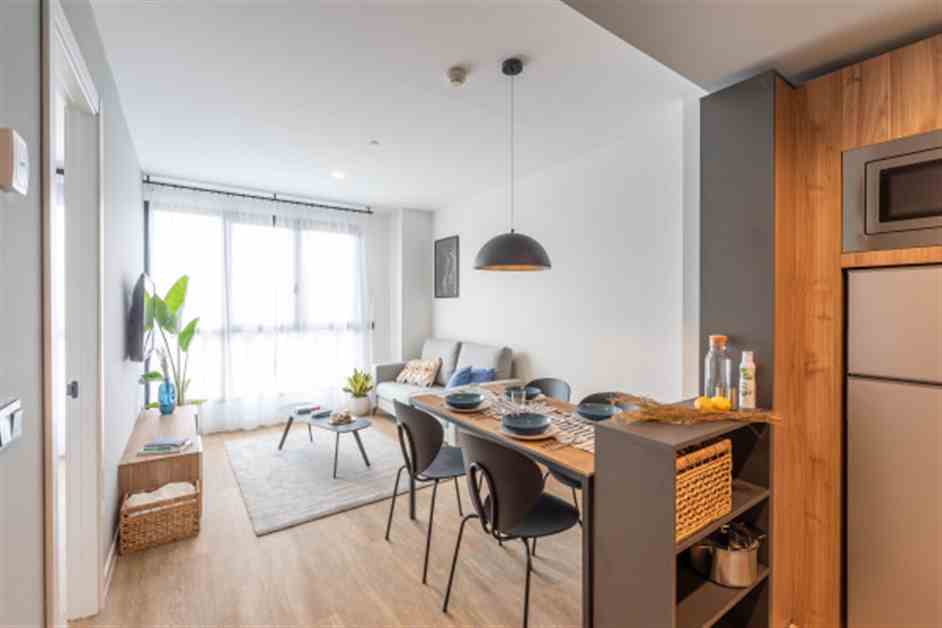Flex Living on the Rise in Spain: €560M Investment Since 2019
The growing population demand in certain urban areas, combined with housing shortages and difficulties in accessing it, has led to the flex living – monthly apartments – experiencing dynamic growth in Spain in recent years. Since 2019, the sector has accumulated over €560 million in investment, with €140 million transacted in the last year, according to the report «The Flex Living Market in Spain» prepared by the international real estate consultancy JLL.
Despite an incipient institutional transactional activity, typical of a growing sector, there has been a significant increase in investment operations through direct promotion or joint ventures. In this way, flex living is already demonstrating its ability to generate stable cash flows. This stability in income generation will lead to the consolidation of market players and their consideration as a type of asset distinct from others. Data collected by JLL reveal that there are more than 21,000 beds in projects, with transactions between institutional funds ongoing or already executed.
Juan Manuel Pardo, Living Director at JLL Spain, highlighted that in our country, «we are facing a shortage of beds, both for rent and for sale. The flex living concept emerges as a solution to alleviate the existing imbalance between supply and demand, especially in areas where price pressure is higher. Unlike other assets, Spain leads the production of flex units, which are here to stay.»
**Keywords: flex living, Spain, investment, real estate, JLL**
### Demand Drivers
The difficulty of accessing property in some areas and the increasing number of single-person households have driven the demand for this type of assets, positioning Spain as one of the fastest-growing countries in this sector, with numerous projects to be developed in the next two years. Other European markets such as the Netherlands or the United Kingdom have a more consolidated flex living sector.
### Concentration in Madrid
Madrid accumulates the largest offering of housing in this format, mainly focused within the M-30 and aimed at short stays. Future developments are planned on the outskirts of the capital, with more than 150 beds and a variety of services and facilities. Barcelona has over 2,200 places, with around 2,600 new beds in different stages of development. Valencia closes the top three with 1,100 places in stock and over 880 in the project.
### Key Operators and Owners
Greystar stands out with a significant portfolio operated by Be Casa. Stoneshield, Bain Capital, and Kora Living are also prominent players in the sector. Smart Rental Group operates for third parties and offers nearly 1,500 beds in different modalities. Other noteworthy companies include FLIPCO, Livensa Studios, Cotown, and the joint venture between Dazia and Aermont.
In conclusion, the flex living sector in Spain is experiencing substantial growth, driven by increasing demand and investment. With key players expanding their portfolios and new projects underway, the future looks promising for this innovative housing solution.
For more information, access the full report by clicking the button below:





